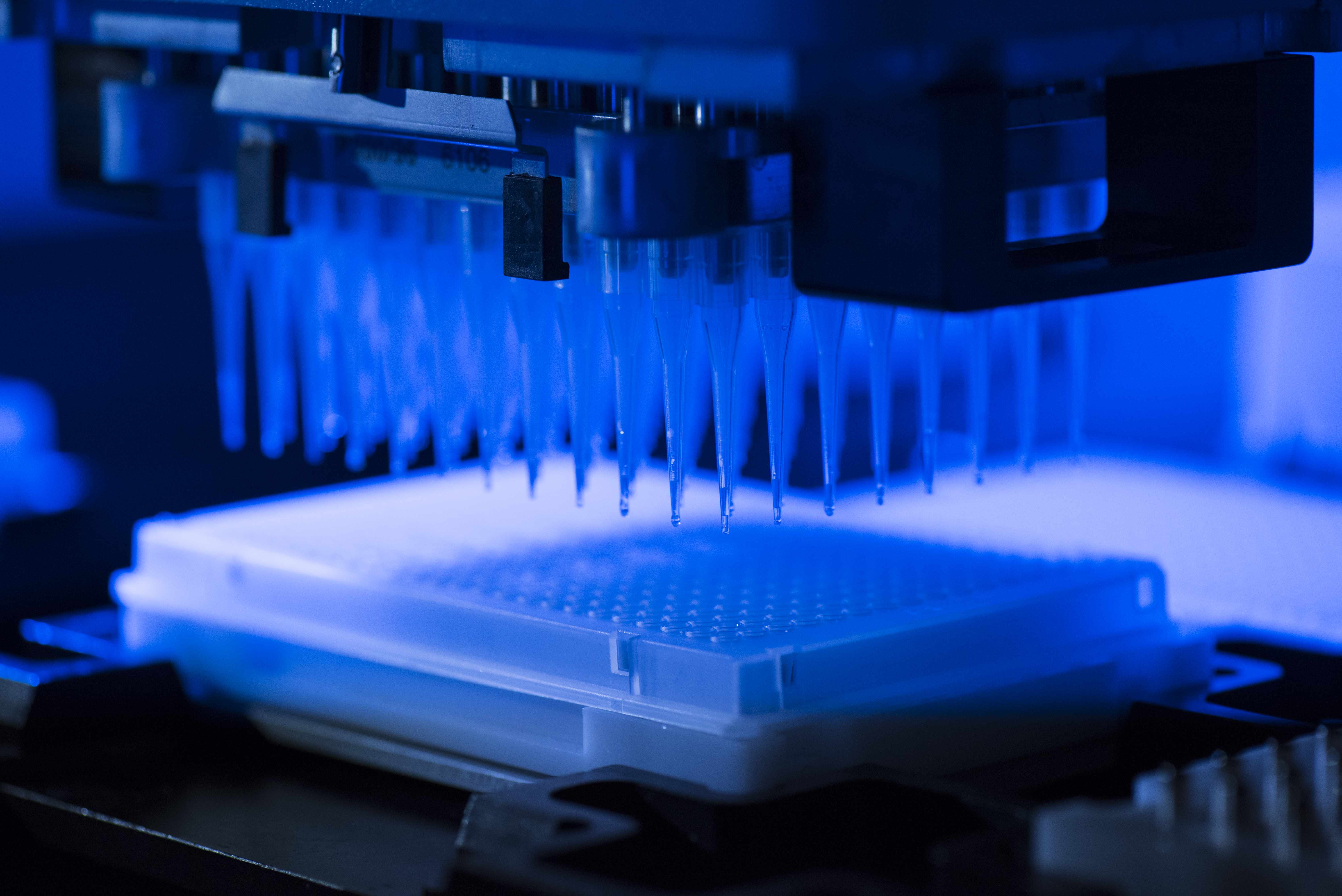-
Featured News
4 ways individualized medicine can be applied immediately to patient care
 ROCHESTER, Minn. — Individualized medicine is no longer the lore of science fiction. It is offering new hope for patients with cancer, heart disease, depression and rare diseases for which there historically have been no diagnosis or treatment. And that’s just the beginning.
ROCHESTER, Minn. — Individualized medicine is no longer the lore of science fiction. It is offering new hope for patients with cancer, heart disease, depression and rare diseases for which there historically have been no diagnosis or treatment. And that’s just the beginning.
Individualized medicine, also known as precision or personalized medicine, is the concept that prediction, diagnosis, treatment and, eventually, prevention can be matched to an individual patient based on genetics, environment and lifestyle. The Mayo Clinic Center for Individualized Medicine, a catalyst in moving personalized medicine therapies from the laboratory to clinical care, recommends these four ways physicians can use precision medicine to treat patients today:
- DNA testing to determine whether your genes impact the way your medication works
This is known as pharmacogenomics. This testing can show if a patient’s genes process drugs in a way that causes harmful side effects or causes the drug not to work as intended. The RIGHT study, done at Mayo Clinic, shows that 99 percent of all patients studied had some sort of genetic variant that impacts the way the body processes common medications. - Ordering better diagnostic tests for cancer and other diseases
Molecular tests, such as prenatal tests, and risk assessment for cancer and diagnosis of some neurologic disorders, can help patients better understand health and disease. Tests also can help pinpoint targeted therapies.
- DNA testing known as whole exome testing can identify a diagnosis and treatment for rare diseases
In 3 of 10 cases, this type of testing can find a diagnosis for a mysterious illness. Sometimes, patients can be put on a new course of treatment. When there is no answer, cases are referred on for further research. - Sequencing a patient’s DNA
This gives patients a window into their genetic blueprint, so they better understand changes in their genes, risk of disease and applications of targeted therapies. The cost to patients continues to drop, and the results can be used over the course of their lifetime.
“Our vision at the Center for Individualized Medicine is to offer all Mayo patients genomics-informed therapy. Ultimately, we see value in having everyone’s genome sequenced, which will have the net effect of identifying undiagnosed disease, offering choice in preventing hereditary conditions, and improving diagnosis accuracy and drug choice ─ all of which will result in better patient care and lower health care costs,” says Keith Stewart, M.B., Ch.B., the Carlson and Nelson Endowed Director of the Mayo Clinic Center for Individualized Medicine.
MEDIA CONTACT: Susan Buckles, Mayo Clinic Public Affairs, 507-284-5005, newsbureau@mayo.edu
Individualized medicine and how it can benefit patients are the key topics of Individualizing Medicine 2016: Advancing Care Through Genomics. This two-day conference at the Rochester Civic Center in Rochester is bringing together leaders in the field of medicine from around the world. More than 800 medical providers, researchers and biotechnology innovators are attending.
Dr. A. Keith Stewart is the Carlson Nelson Endowed Director Center for Individualized Medicine Anna Maria and Vasek Polak Professor of Cancer Research Division of Hematology-Oncology Mayo Clinic.
The Mayo Clinic Center for Individualized Medicine is hosting the Individualizing Medicine conference with support from the Satter Foundation.
###
About Center for Individualized Medicine
The Center for Individualized Medicine discovers and integrates the latest in genomic, molecular and clinical sciences into personalized care for each Mayo Clinic patient. For more information, visit http://mayoresearch.mayo.edu/center-for-individualized-medicine/.
About Mayo Clinic
Mayo Clinic is a nonprofit organization committed to medical research and education, and providing expert, whole-person care to everyone who needs healing. For more information, visit http://www.mayoclinic.org/about-mayo-clinic or https://newsnetwork.mayoclinic.org/.







